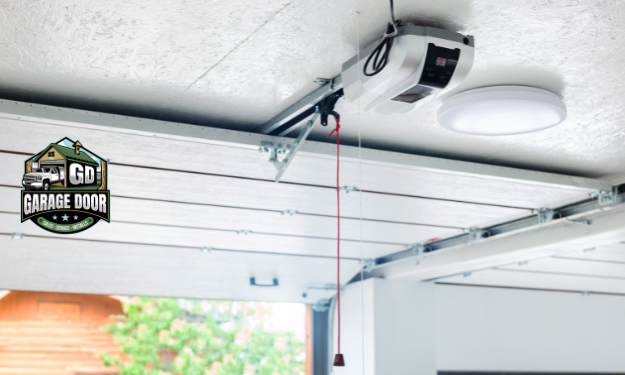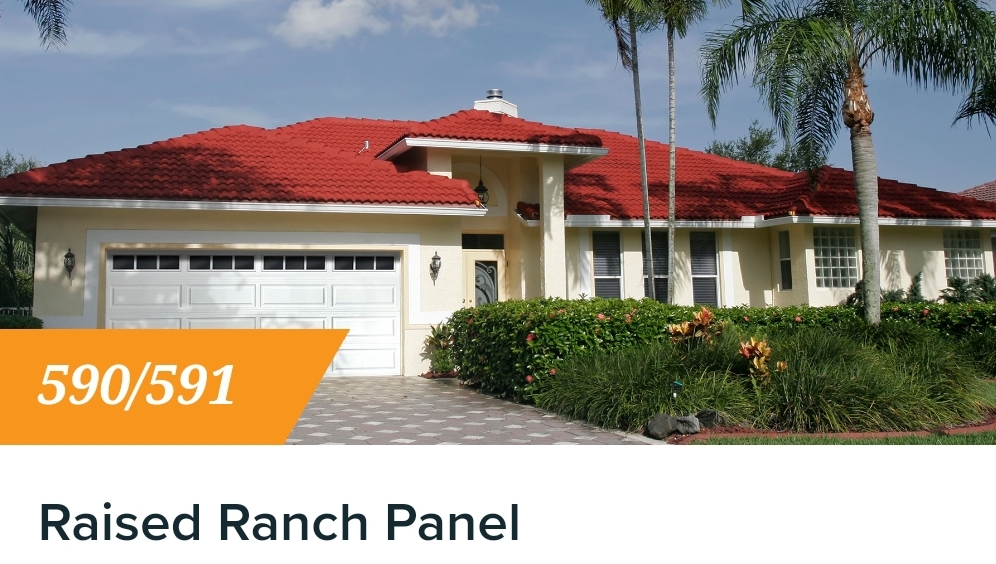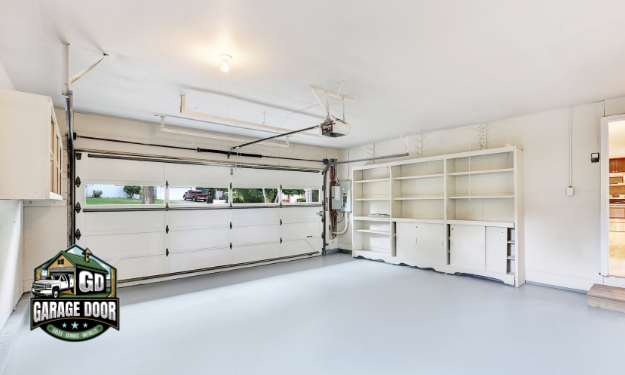Garage Door Installation Cost
Today’s companies demonstrate environmental values around sustainability and community-based services, like recycling packaging debris from installations while properly disposing worn parts and insulation. Energy efficient doors with high insulation benefit homeowners through enhanced temperature regulation and lower energy bills over time. Rather than large national chains focused mainly on fast sales, established local companies deserve consideration for fostering customer relationships and personalized services valued by neighborhood patrons for decades. Consumers benefit from confidence in caring professionals protecting their most valued investments.
Garage Door Replace - Training and Expertise: Certification and training of technicians, expertise in various door types and technologies.
- Training and Expertise: Certification and training of technicians, expertise in various door types and technologies.
- Installation Services: Door installation, opener installation, system calibration, safety inspection, custom garage door installation.
- Residential vs. commercial services, servicing The Twin Cities, MN metro area.



